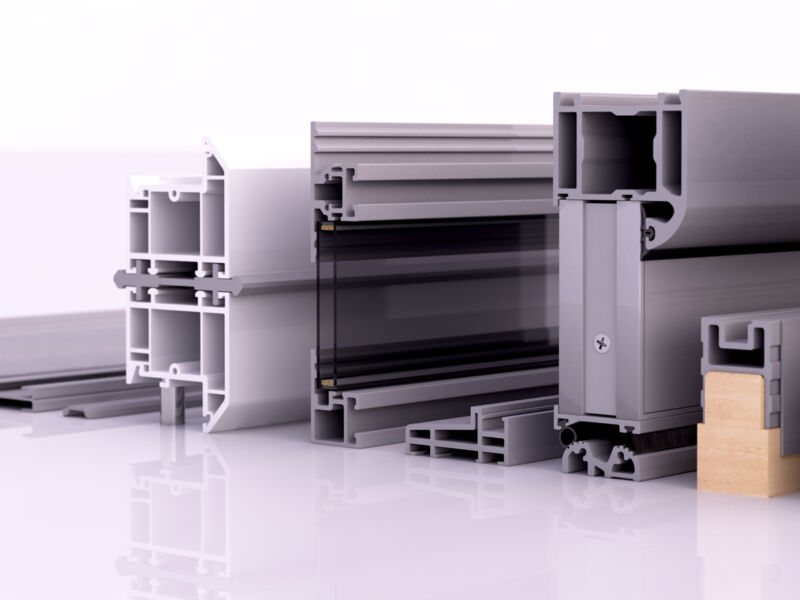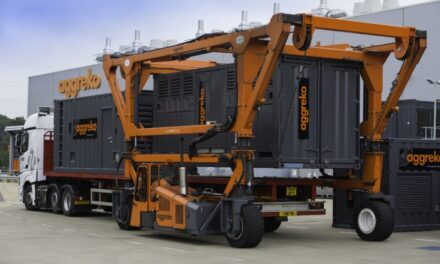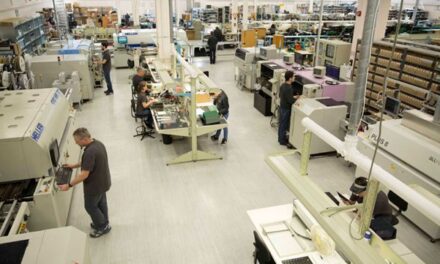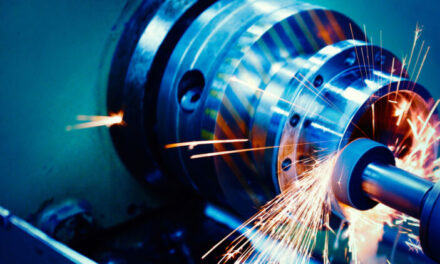How many of us check our eggs before putting them in our basket at the supermarket? We learn quickly after we get home to realize half are cracked and inedible. While replacing smashed eggs is a small price to pay for not checking quality, the same can’t be said about purchasing large volume composites for a project. Here Antti Hassinen, Technical Support and Product Development Manager in Finland at composites manufacturer Exel Composites, breaks down three important questions to consider when selecting a composite manufacturer.
When it comes to ordering high volume products, checking the quality of the supplier becomes critical to keeping your business on schedule. Considering the investments of time and costs that companies make when ordering custom composite profiles, it pays to do some due diligence and ask your composites manufacturer about their quality culture.
For instance, receiving faulty composites for a huge project can create delays to the project’s completion, high costs for material replacement and — if the issue was not detected — the potential of product failure further down the line. When selecting a composites manufacturer, here are three questions you should ask that will help you understand how well quality is integrated into their operations.
What certifications do you possess?
Certifications demonstrate a company complies with the relevant industry regulations and has achieved a certain level of standards. These can vary from safety, environmental responsibility and quality. Certifications are one of the key indicators you should look for, as these are awarded after performing inspections and audits.
All composite manufacturers should have the minimum ISO certifications that cover the main production infrastructure including, ISO 45001 Health and Safety Management, ISO 9001 Quality Management System (QMS) which ensures a systematic approach for meeting customer objectives and providing consistent quality, and ISO 14001 Environmental Management System (EMS) that measures and improves the environmental impact of the product.
Additional certifications demonstrate the maturity of a company and signifies they can adapt to a changing industry and can certify relevant regulations for its customers.
The value of additional certifications
Manufacturers must also be flexible for customer requirements and demonstrate they possess the ability to deliver for their specific industry. Accommodating sector-specific needs can highlight that the manufacturer is serious about quality products and services.
Exel Composites built a quality management system for customers based on the International Automotive Task Force (IATF) 16949, and the International Standard for Automotive Quality Management Systems. To supply and build a long-term successful business relationship, Exel adopted the existing quality system to fit the processes related to this. The system was independent third-party audited.
How do you ensure product quality?
While certifications are there to ensure a manufacturer’s compliance and validity, testing products during manufacturing is a key factor to determine the consistent quality of the product. Tests commonly performed includes mechanical testing for strength and stiffness, as well as dimensional tests to measure centricity, straightness and length.
It’s important to establish with the customer and composites supplier what tests are needed, how the tests are defined and conducted. The most efficient tests are those that have been developed by engineers and suppliers and are based on your product’s unique specifications. Additionally, the recording and delivery of test results should be an agreed component of the testing process.
Exel Composites carries out its testing along the production line and in its on-site laboratories by experienced technical staff. Exel works closely with its customers to ensure the tests and test procedures accommodate customer needs and deliver an accurate and quality product. From the initial product design to the manufacturing process, Exel aims to ensure that quality is considered at every step to to assure a quality final result.
How do you ensure your supply chain stability?
The quality of a composite is not only determined by the certifications or the test results — but also by the standard of the suppliers they use. Composite manufacturers should have close relationships with suppliers of their raw materials, as the delivery of your composites is established on the supplier’s ability to ensure they have the raw materials on hand.
In addition, understanding the supplier’s selection criteria and whether they conduct supplier audits can also indicate a quality manufacturer. The quality of the raw materials needs to remain consistent, and they need to be received on time.
Exel Composites secures supply chain stability through its global operations, which opens access to different suppliers around the world, and also through standards it holds suppliers to. One example of this is Exel’s Supplier Code of Conduct. This is a guideline to ensure all suppliers, their employees and sub-suppliers comply with Exel Composites’ environmental impact and business conduct and relations. Through this, Exel can be sure that its suppliers are committed to operating at the required level of standards that it expects from its own operations.
When looking to invest time, effort and money developing a composite profile for your business, we invite you to challenge your potential suppliers with these three quality questions. While overall quality can also be attributed to other manufacturing features, determining certifications, testing and supplier relationships will give you an insight into what the outcome of working with that potential supplier might be like. Just like it’s a good idea to look at your eggs before you buy them, it’s even more important to give your suppliers a good look over before you select them.




